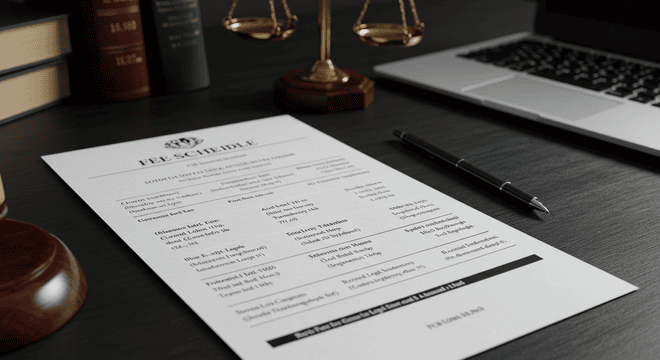
How to Select the Right Lawyer in Nigeria
Choosing the right lawyer in Nigeria is crucial for ensuring that your legal matters are handled professionally and effectively. Whether you need legal assistance for business, property, family law, or criminal defense, selecting a competent lawyer can make a significant difference in the outcome of your case. Here are key factors to consider when selecting the right lawyer in Nigeria.
1. Identify Your Legal Needs
Different lawyers specialize in different areas of law. Before beginning your search, determine the specific legal service you require, such as:
Corporate and Commercial Law
Property and Real Estate Law
Family Law (Divorce, Custody, etc.)
Criminal Defense
Immigration Law
Intellectual Property Law
Human Rights and Constitutional Law
2. Check Qualifications and Licensing
Ensure that the lawyer is duly licensed to practice in Nigeria. Lawyers in Nigeria must be registered with the Nigerian Bar Association (NBA) and have been called to the Nigerian Bar. You can verify their credentials through the NBA’s online directory or by requesting their call-to-bar certificate.
3. Experience and Expertise
Experience is a crucial factor in legal representation. Lawyers with extensive practice in a particular field are more likely to handle cases efficiently. Check their:
Years of practice
Track record of handling similar cases
Success rate in court or out-of-court settlements
4. Reputation and Reviews
A lawyer’s reputation can provide insight into their professionalism and reliability. Seek recommendations from trusted sources, such as friends, family, or professional colleagues. Online reviews, testimonials, and legal directories can also provide valuable feedback from past clients.
5. Communication and Availability
A good lawyer should be responsive and able to communicate legal terms clearly. Before hiring, assess:
How quickly they respond to inquiries
Their willingness to explain complex legal issues in simple terms
Their availability for consultations and updates on your case
6. Fee Structure and Affordability
Legal fees vary depending on the lawyer’s experience, the complexity of the case, and the law firm’s reputation. Some lawyers charge:
Hourly rates
Flat fees for specific services
Contingency fees (only applicable in certain cases)
Retainer fees for ongoing legal services
Always request a written agreement detailing the fee structure to avoid hidden costs.
7. Ethical Standards and Professional Conduct
A lawyer must uphold high ethical standards. You can check for any disciplinary actions or complaints filed against them through the NBA or legal disciplinary bodies.
8. Local Knowledge and Network
Lawyers familiar with local laws, courts, and regulatory bodies can provide better guidance and representation. They may also have valuable connections that can facilitate smoother legal processes.
Conclusion
Selecting the right lawyer in Nigeria requires careful consideration of their expertise, experience, reputation, and cost. Conduct thorough research, seek recommendations, and consult multiple lawyers before making your decision. A competent lawyer can protect your rights and interests, ensuring the best possible outcome for your legal matters.


